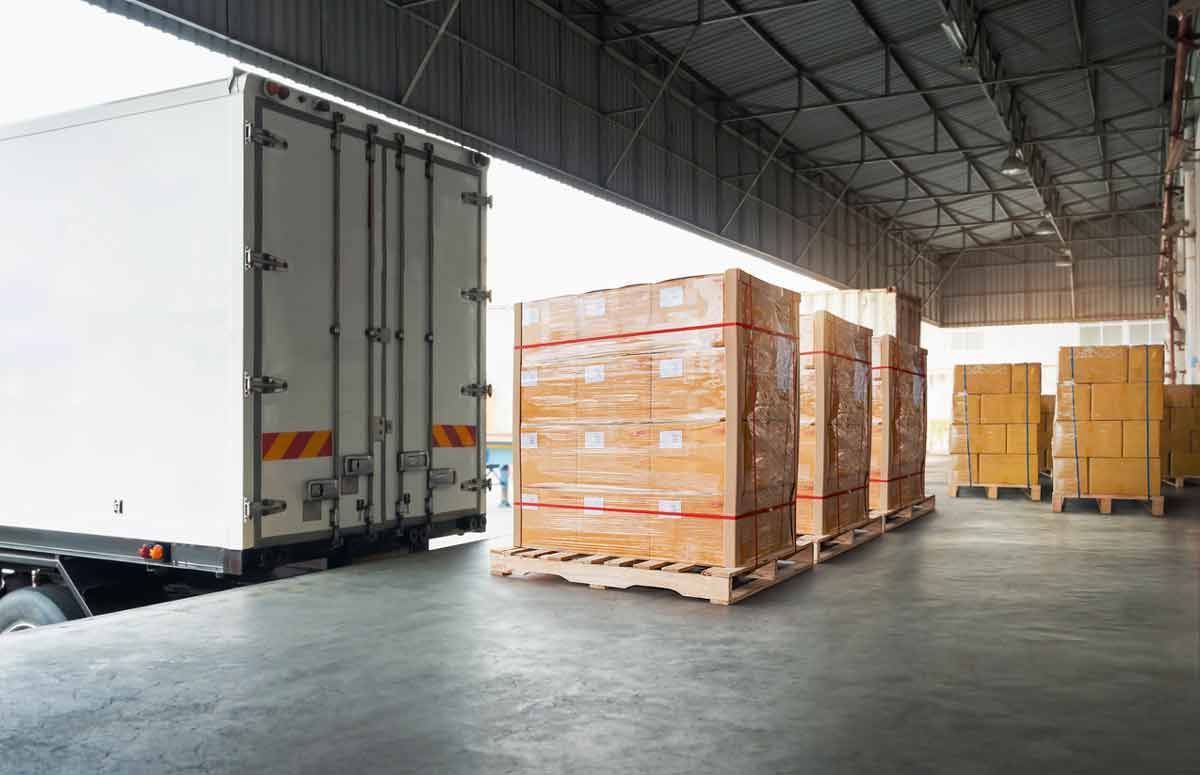Moving freight in today’s hectic business environment isn’t solely about trucks or routes but also the right information, flexibility and the right systems to deal with the unexpected. Your logistics provider should provide more than just the basic services, regardless of whether you’re an entrepreneur who must ship products on time or a retailer having to handle multiple shipments every day. They should offer trust with clarity, control and transparency.

Image credit: translogisticsinc.com
That’s where modern freight brokerage services and technology-driven 3PL providers step in to change the game.
The modern Freight Broker More than an Middleman
In the past freight brokers were often thought of as people who acted as bridges between the shipping industry and carriers. These days, they are strategic partners in managing the complexity of transportation on behalf of customers. They can help their clients prevent delays, negotiate lower rates, and find reliable transporters.
A reliable freight broker will save you time and money by avoiding logistical issues which could impact your bottom line.
Translogistics, Inc., (TLI) companies are reinventing the way this relationship is viewed. By offering multimodal freight brokerage services, they allow businesses to shift between parcel, LTL (less-than-truckload), and volume LTL shipments depending on urgency, budget, or customer needs. This flexibility is important more than ever.
The 3PL Provider: an Extra Layer of Strategic Planning You Never You
If you’re dealing with several carriers, managing invoices, tracking shipments manually and managing claims in spreadsheets, it may be time to think about a 3PL provider. Third-party logistics providers can take care of these tedious tasks, allowing you to concentrate on what matters most: growing your business.
They bring structure, strategies and know-how to your department of logistics. They study your shipping patterns, suggest smarter solutions, and bring tech-driven processes to the logistics department. With an efficient 3PL, you’re no responding to problems, but trying to prevent them from occurring. In an industry where transparency and efficiency are not a given instruments that work in the background can create the most impact.
The Role of a Transportation Management System (TMS)
Consider a transportation system as a central command point for your freight. It’s the digital brain that allows you to organize, track and optimize your shipments on one platform. TMSs allow you to see and control you’ve never previously had. From real-time pricing for carrier services to the creation of Bills of Lading, and checking freight invoices.
Translogistics’ ViewPoint TMS platform for instance, was developed with precisely the same goals in mind. The platform compares rates among different modes, and it also features drag-and-drop data entry that is powered by AI to eliminate the manual typing that slows down teams. This is a great example of how technology in logistics has advanced to speed up and improve operations.
Why It All Comes Down to Partnership
Logistics doesn’t have to be just about systems and services, it’s also about people. You require a group of people who understand the stakes when a shipment is delayed or a carrier that isn’t reliable. It’s not only about the transaction. It’s a strategic choice.
Search for a supplier chain partner who can listen, adapt, and invest in the latest technology to ensure that your supply chains are in good shape. Someone who treats your shipments seriously and treat them with the same level of urgency that you treat your own. When you have the right assistance, the freight process becomes a smooth operation. Your business is in its ability to grow. Modern logistics is not just moving freight. It’s all about transferring more efficiently.